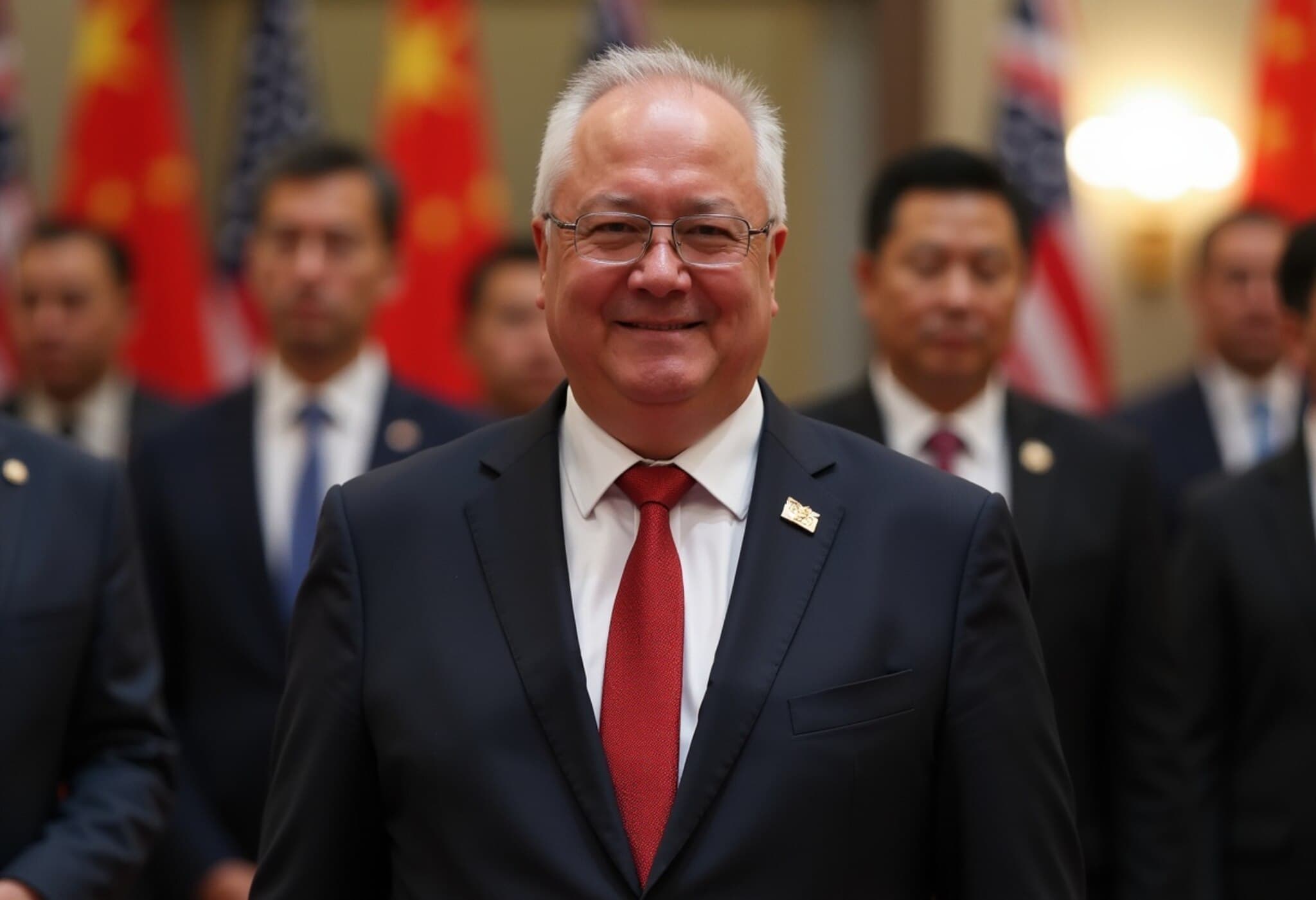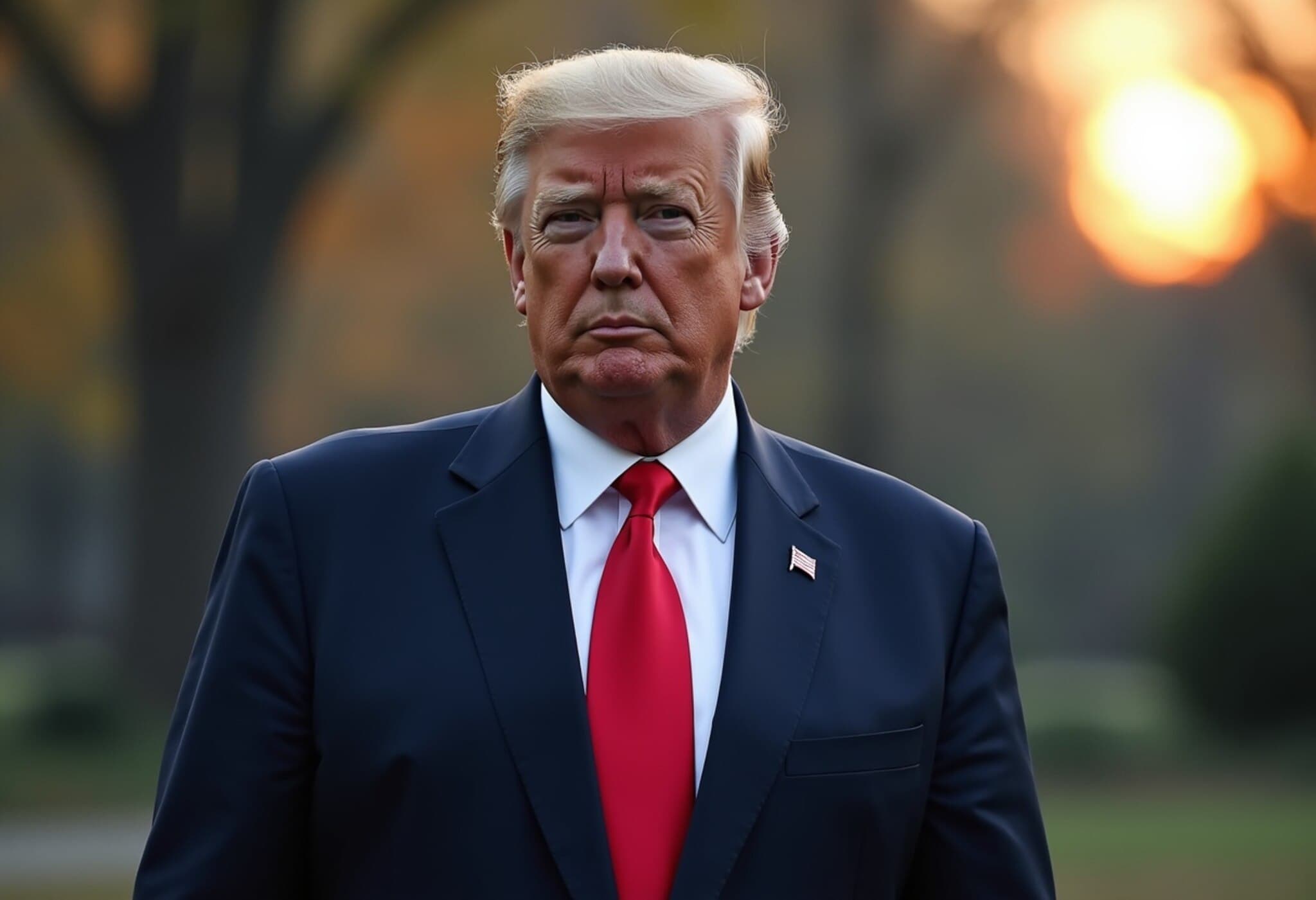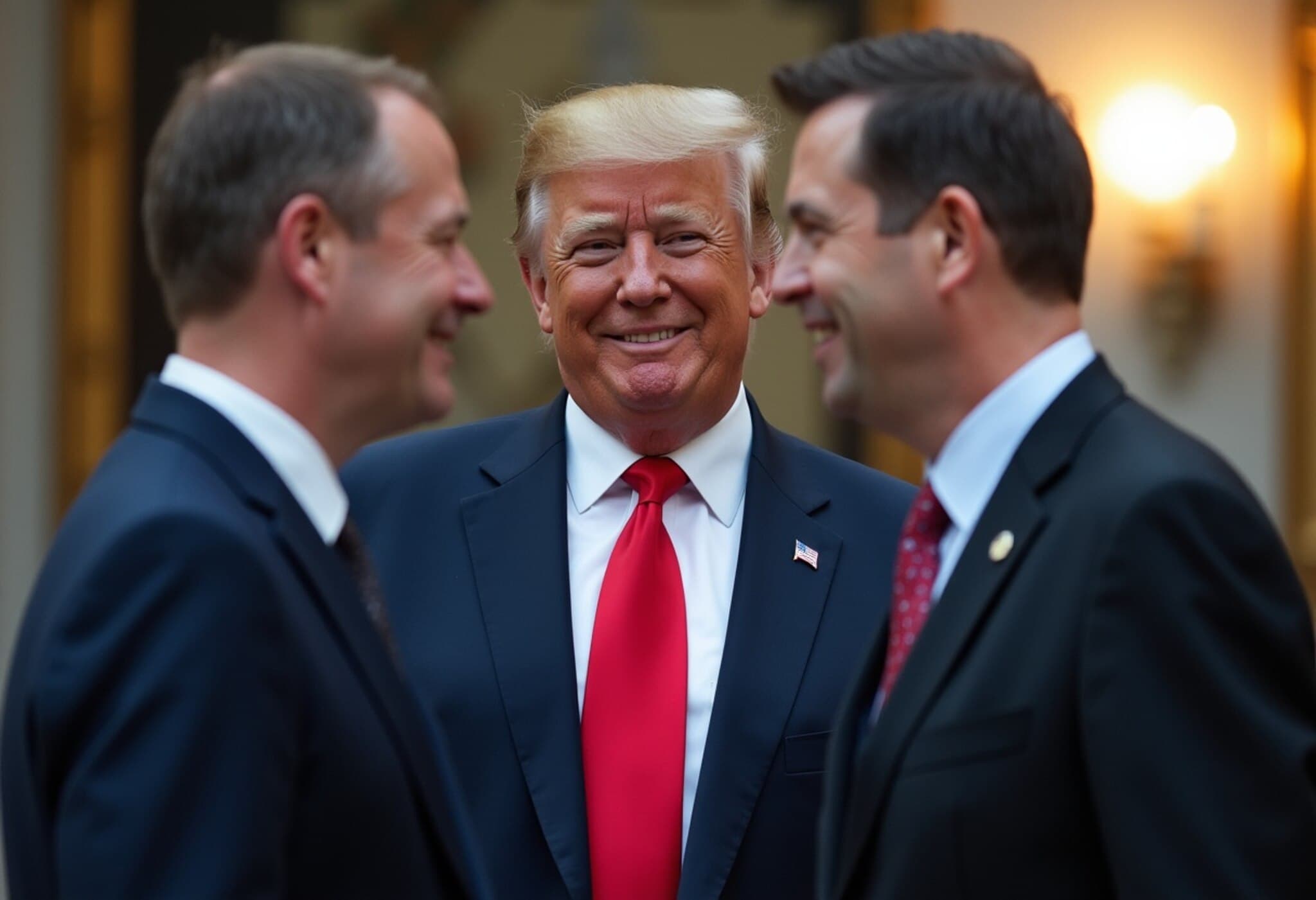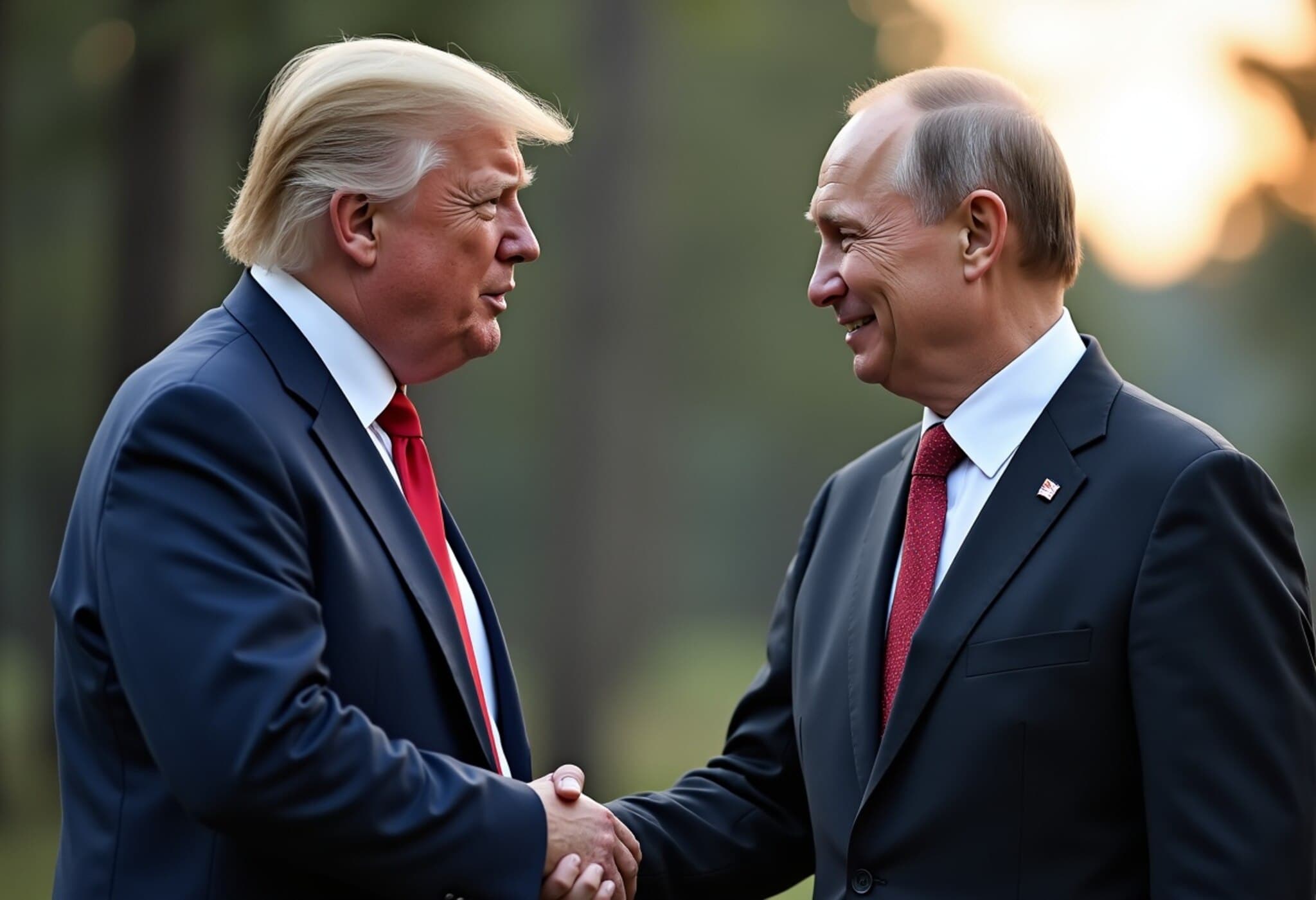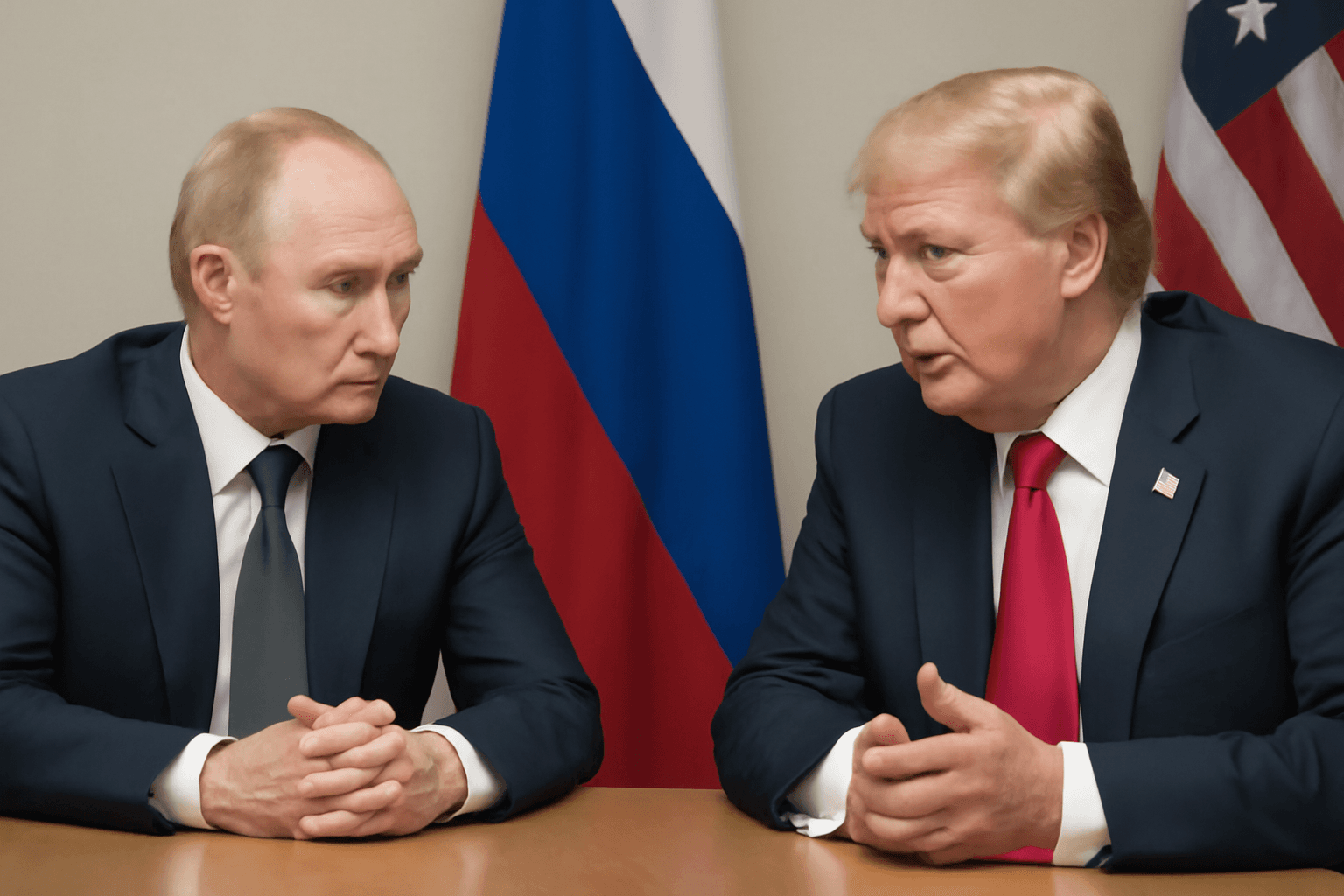India Steps Up Amid Legal Battle for Nurse Nimisha Priya in Yemen
In a case that has gripped international attention and raised pressing questions about justice, diplomacy, and humanitarian concerns, the Indian government has reaffirmed its commitment to assisting Nimisha Priya, a nurse from Kerala, whose execution in Yemen was postponed at the last moment. Originally scheduled for July 16, 2025, the execution was halted following intense diplomatic efforts and outreach to regional allies.
Background: A Case Marked by High Stakes and Legal Complexities
Nimisha Priya was sentenced to death in 2020 after being convicted of the murder of a Yemeni national in 2017. Despite appeals, including one rejected by Yemen’s Supreme Judicial Council in November 2023, the case remained fraught with tension and uncertainty. As the execution date neared, India's Ministry of External Affairs (MEA) moved swiftly to intervene.
MEA’s Role and Diplomatic Maneuvers
MEA spokesperson Randhir Jaiswal described the situation as "sensitive" and underscored that the government had mobilized comprehensive support mechanisms for Nimisha and her family. This included:
- Provision of legal aid and appointment of a legal representative for the family;
- Regular consular access to ensure monitoring of wellbeing and access to justice;
- Concerted diplomatic engagements with both Yemeni authorities and friendly governments to secure a favorable outcome.
The MEA emphasized ongoing efforts to facilitate dialogue between Nimisha's family and the victim's kin in Yemen, seeking a resolution that honors justice while preventing irrevocable punishment. This delicate mediation is a testament to the intricate interplay between international diplomacy and legal sovereignty.
Religious Outreach and Societal Dimensions
In a notable development, the Grand Mufti of India, Kanthapuram AP Aboobacker Musliyar, intervened by reaching out to religious leaders in Yemen, urging them to consider clemency. This spiritual advocacy reflects the deep communal and ethical undercurrents influencing such high-profile cases.
Challenges and Broader Implications
Legal experts view the case as emblematic of the challenges faced by expatriates entangled in foreign legal systems. The Supreme Court's acknowledgment that pardon efforts rest primarily with the victim’s family highlights the limited scope of governmental and external organizational influence, raising critical questions:
- How can diplomatic channels effectively influence domestic legal decisions in sovereign nations?
- What protections should be guaranteed for citizens working abroad in legally precarious environments?
- Could this case prompt policy revisions on consular support and repatriation?
Contextual Insight: America’s Perspective and Policy Considerations
While this case unfolds thousands of miles away, it offers a sobering parallel to situations faced by other countries, including the United States, where foreign nationals and expatriates sometimes confront harsh penalties. It underscores the urgent need for:
- Robust consular protection frameworks that can provide timely intervention;
- International legal cooperation mechanisms to ensure fair trial standards;
- Human rights advocacy to prevent potentially irreversible outcomes such as capital punishment without exhaustive review.
Looking Ahead: The Road to Resolution
India continues to closely monitor Nimisha Priya’s case, providing sustained support and exploring all possible avenues for a humane resolution. The deferral of the execution offers a crucial window for diplomacy and dialogue, but the outcome ultimately depends on the victim’s family and Yemeni judicial authorities.
The broader narrative here is one of navigating the thin line between international legal respect and humanitarian obligation — a challenge that resonates deeply in today’s interconnected world.
Nimisha Priya’s case is more than a legal battle; it shines a spotlight on the vulnerabilities of overseas workers caught in foreign judicial systems. As nations grapple with balancing sovereignty and human rights, one must ask: How prepared are governments to safeguard citizens beyond their borders? And how can global cooperation evolve to prevent such life-and-death predicaments?


